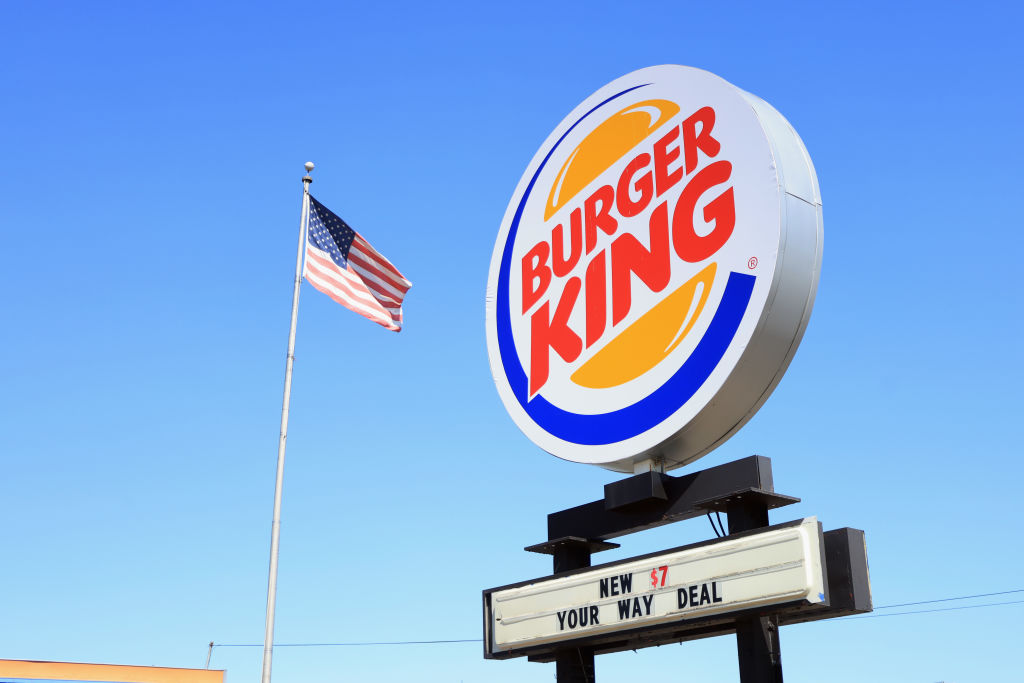As British actor and comedian Russell Brand faces allegations of rape and sexual assault, the social media platform Rumble is being pressured to demonetize his account – including by Burger King, which joined multiple other large companies in removing advertisements from the video site.
Earlier this month, a joint investigation by U.K.’s The Sunday Times, The Times and Channel 4 Dispatches detailed sexual assault allegations from four unidentified women.
The alleged victims accused Brand of rape, sexual assault and emotional abuse between 2006 and 2013. Brand, however, has denied the claims and maintains that all his sexual relationships have been consensual.
NEW – Russell Brand releases a new video addressing the alarming state of online censorship, encouraging his YouTube audience to follow him on Rumble.
Brand highlights the Trusted News Initiative and the United Kingdom’s Online Safety Bill.pic.twitter.com/DtdOkyw0vd
— KanekoaTheGreat (@KanekoaTheGreat) September 22, 2023
Shortly after the allegations were made, YouTube moved to demonetize Brand – preventing him from making money off of his videos on the platform, where he has over 6.6 million subscribers.
Since Brand also has a large following of nearly 1.6 million followers on Rumble, many are calling on the platform to join YouTube in demonetizing his content.
This includes members of the U.K. Parliament.
In a Wednesday letter, Caroline Dinenage, the Conservative chairwoman of the Culture, Media and Sport Committee, wrote to Rumble CEO Chris Pavloski noting the recent allegations against Brand and asking Pavloski to “confirm whether Mr Brand is able to monetize his content,” or if Rumble planned to suspend his ability to do so.
“We would also like to know what Rumble is doing to ensure that creators are not able to use the platform to undermine the welfare of victims of inappropriate and potentially illegal behaviour,” Dinenage wrote.
Rumble responded to what it called the “extremely disturbing” letter the next day, condemning what it called an effort to “control” who is allowed to make money on the platform.
Attached is the letter from the UK Parliament. pic.twitter.com/MdeYrlt06J
Will you dine at Burger King after this news?— Rumble – ?☠️ $RUM (@rumblevideo) September 20, 2023
“While Rumble obviously deplores sexual assault, rape, and all serious crimes, and believes that both the alleged victims and the accused are entitled to a full and serious investigation, it is vital to note that recent allegations against Russell Brand have nothing to do with content on Rumble’s platform,” the message read.
The company noted that YouTube‘s move to demonetize Brand was based solely on accusations published by the media, and remarked that Rumble stands for “very different values.”
“We have devoted ourselves to the vital cause of defending a free internet – meaning an internet where no one arbitrarily dictates which ideas can or cannot be heard, or which citizens may or may not be entitled to a platform.”
No matter how you feel about the Russell Brand allegations, his YouTube being demonetized and his income stream being taken from him without due process is repugnant and solves nothing.
Although YouTube is allowed to make decisions about their platform, we have seen this play…
— LegallyDirtyBlonde (@LDBlondePod) September 19, 2023
The Rumble letter continued, calling out the Dinenage letter’s “deeply inappropriate and dangerous … attempt to control who is allowed to speak on our platform or to earn a living from doing so,” adding: “We emphatically reject the UK Parliament’s demands.”
Rumble’s refusal to comply with the request has ultimately led multiple large companies such as Asos, the Barbican and HelloFresh, to remove their ads from the platform, according to The News Movement — a news platform launched in 2021 based in New York and London.
Burger King told The News Movement that it had “paused all advertising on the channel” while the allegations against Brand are being investigated.
Advertisers made a similar move against Elon Musk last year after his controversial purchase of Twitter – now named X – which many saw as a shift away from politically motivated censorship on the platform.
This article appeared originally on The Western Journal.

























 Continue with Google
Continue with Google